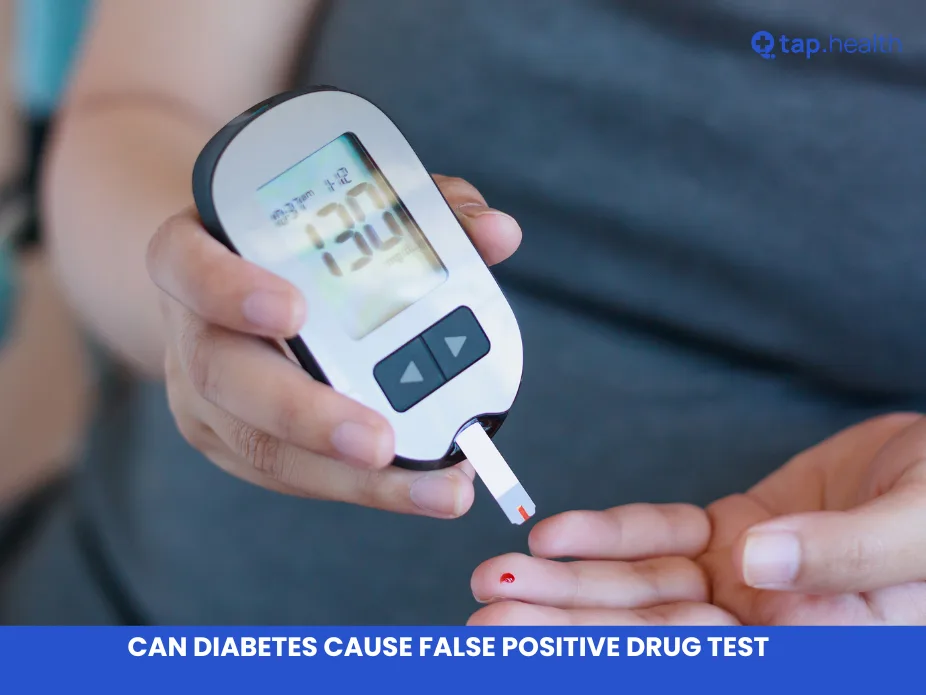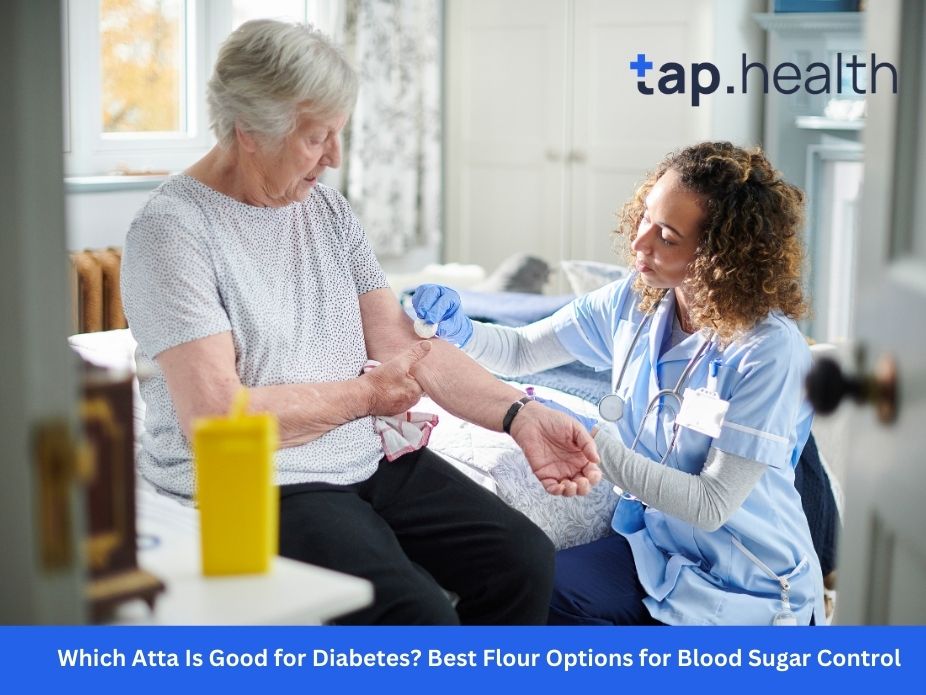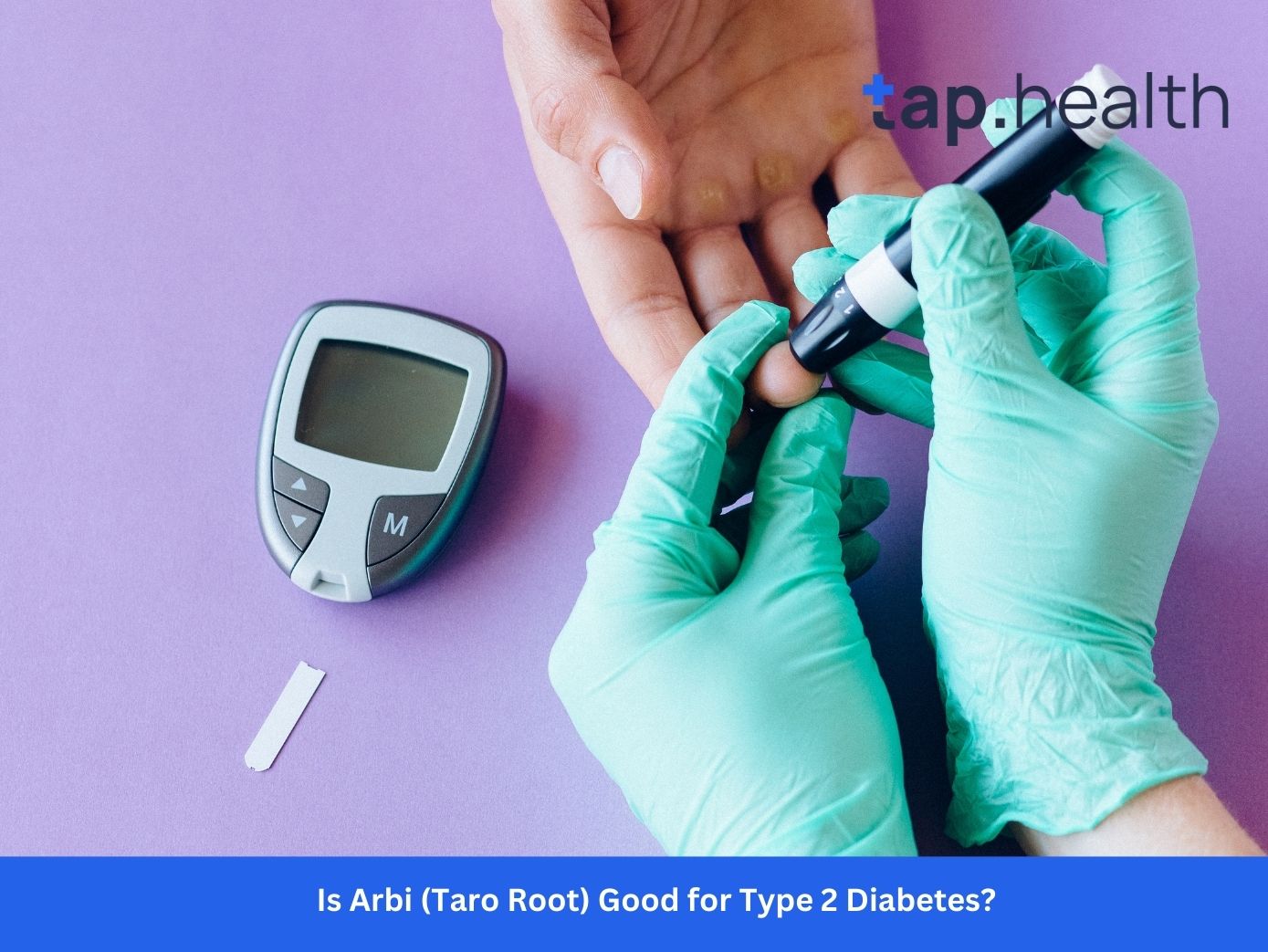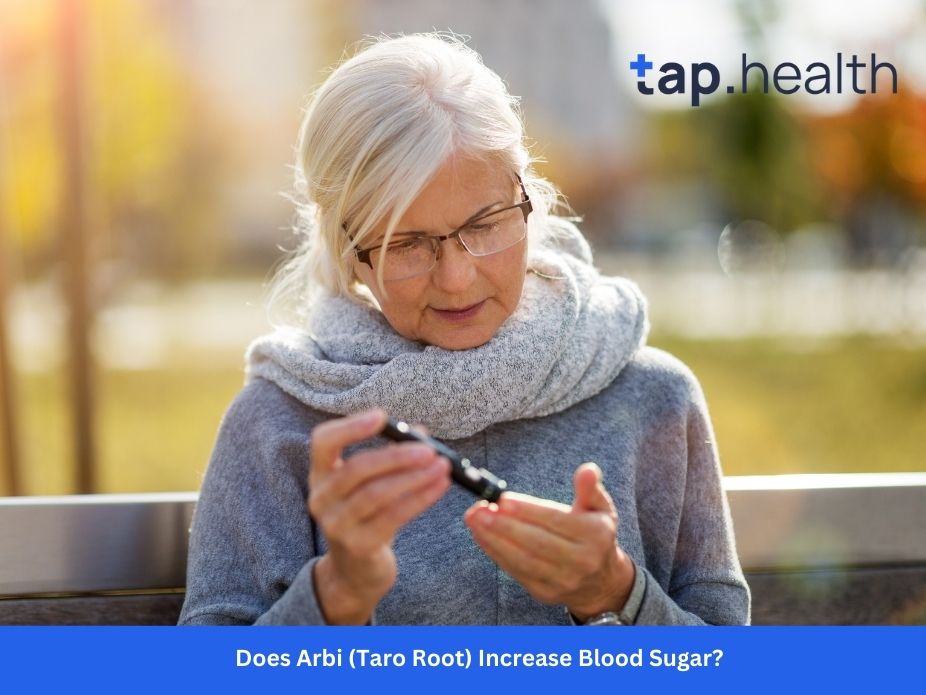When it comes to drug testing, the stakes are high. Whether it’s for a job, a legal case, or a routine medical examination, a drug test’s outcome can significantly affect someone’s life. However, an increasing number of people wonder: Can diabetes cause a false positive drug test?
This question is particularly important for those who live with diabetes, as they might be worried that their condition or the medications they take could affect the results of a drug test. In this article, we’ll explore whether diabetes can indeed cause a false positive in drug tests, how diabetes medications might play a role, and what you can do to avoid potential issues during a drug screening.
Let’s dive into the details.
What is a False Positive Drug Test?
A false positive in a drug test occurs when the test incorrectly detects a substance that isn’t actually present in the person’s system. Essentially, the test shows a positive result for a drug that the individual hasn’t used.
False positives are not just an inconvenience; they can lead to unnecessary legal consequences, job losses, or medical complications. As a result, it’s crucial to understand the factors that could cause such an error.
Can Diabetes Affect Drug Test Results?
While there is no direct, universal link between diabetes and false positive drug tests, certain factors related to diabetes can increase the likelihood of a false positive result. Let’s break down the major reasons diabetes might affect a drug test.
Medications Used to Treat Diabetes
Many medications used to treat diabetes can potentially interfere with drug tests, leading to false positive results. For example:
- Metformin: One of the most common medications used for managing type 2 diabetes, metformin can sometimes cause false positives for substances like amphetamines.
- SGLT2 Inhibitors: Drugs like canagliflozin (Invokana) or dapagliflozin (Farxiga), used to control blood sugar, have not been definitively linked to false positives, but in rare cases, certain metabolites may trigger a positive result for other substances.
These medications contain chemical compounds that might mimic or resemble the structure of drugs tested for in a standard drug screen.
Ketosis and Diabetic Ketoacidosis (DKA)
People with diabetes, especially those with type 1, are at risk for developing diabetic ketoacidosis (DKA) if their blood sugar levels are not well controlled. When the body burns fat instead of glucose for energy, it produces ketones, which are acids. Some drug tests may confuse the presence of ketones with certain drugs, leading to a false positive result.
Additionally, ketosis—a metabolic state often induced by very low carb diets or in poorly controlled diabetes—can sometimes cause urine tests to register false positives for drugs like marijuana or opiates.
High Blood Sugar Levels
When blood sugar levels are excessively high, the body may release excess sugar into the urine. In certain tests, this sugar can interfere with the chemical processes involved in the drug test, leading to inaccurate results. Though it’s rare, high blood sugar can be a contributing factor to false positives.
Other Health Conditions Associated with Diabetes
Diabetes is often linked to other health conditions such as kidney disease, liver disease, and high blood pressure. Some of the treatments used for these conditions, like pain relievers or blood pressure medications, could also cause a false positive for certain drugs, particularly if you’re taking multiple medications.
Types of Drug Tests and Their Accuracy
To better understand how diabetes might affect drug testing, it’s important to know the different types of drug tests and their accuracy.
Urine Drug Tests
Urine tests are the most common form of drug testing. They are also the most likely to show false positives, especially if the person has certain medical conditions or is taking specific medications. In particular, diabetes medications like metformin can lead to false positives for amphetamines.
Blood Drug Tests
Blood drug tests are more accurate than urine tests because they detect the actual presence of drugs in the bloodstream. However, blood tests can still be affected by certain medications and health conditions, potentially leading to false positives in rare cases.
Hair Follicle Drug Tests
Hair follicle drug tests are generally regarded as one of the most accurate forms of testing. However, there are very few situations in which diabetes or diabetes medications would influence the outcome of a hair follicle test. It is still possible for contamination or other factors to lead to a false positive, though.
Saliva Drug Tests
Saliva tests are becoming more common for workplace testing, but they are not as widely used as urine tests. Saliva drug tests are less likely to be affected by diabetes or its treatments, but false positives can still occur if there are substances that interfere with the test.
How to Avoid False Positives on a Drug Test with Diabetes
If you have diabetes and are worried about the possibility of a false positive drug test, there are several steps you can take to ensure the most accurate results.
1. Inform the Tester About Your Condition
One of the best ways to prevent a false positive is to inform the person administering the drug test about your diabetes and the medications you are taking. Make sure to mention any medications, including over-the-counter drugs, that could affect the test results.
2. Keep a Record of Your Medications
Always keep an updated record of your medications, including dosages, when taking drug tests. This can help your healthcare provider or the test administrator interpret any potential results.
3. Request a Confirmatory Test
If you get a positive result and believe it’s a false positive, you can request a confirmatory test. Gas chromatography-mass spectrometry (GC-MS) is a more precise and reliable test that can help differentiate between substances and identify false positives caused by medications or other health conditions.
4. Consult with Your Doctor
If you are concerned about the effects of your diabetes medication on drug test results, consult with your healthcare provider. They can offer guidance on alternative medications or strategies that may reduce the risk of false positives.
Can Diabetes Cause a False Positive for Specific Drugs?
In some cases, diabetes can cause false positives for specific drugs. Let’s look at some common examples.
1. Amphetamines
Metformin, a widely used medication for type 2 diabetes, has been known to cause false positives for amphetamines in urine drug tests. The reason for this is that the chemical structure of metformin can sometimes resemble that of amphetamines in certain drug tests.
2. Opiates
In rare cases, individuals with diabetes who are using certain medications for pain management or those with metabolic imbalances may have false positives for opiates. The metabolites in some diabetes medications might mimic opiates, leading to inaccurate results.
3. Marijuana
As mentioned earlier, high blood sugar or ketosis can sometimes result in a false positive for marijuana, especially if a person is experiencing diabetic ketoacidosis (DKA). However, this is relatively rare and usually only happens in extreme cases.
Real-Life Scenario
Imagine a diabetic patient going for a routine medical test before starting a new job. Their urine drug screen comes back positive for alcohol, even though they haven’t consumed any. Later, it’s discovered that the false positive was due to high ketone levels caused by uncontrolled blood sugar. This kind of situation can be stressful and misleading without proper medical clarification.
Expert Contribution
Medical experts explain that false positives don’t mean the person actually used drugs—it’s just a technical error in detection. According to toxicologists, confirmatory tests like GC-MS (Gas Chromatography–Mass Spectrometry) are highly accurate and can differentiate ketones from actual drugs or alcohol. Endocrinologists also stress that keeping diabetes under control can reduce the chance of such mix-ups.
Recommendations Grounded in Proven Research and Facts
- Confirm with advanced tests: If a false positive is suspected, request GC-MS or LC-MS confirmatory testing.
- Inform healthcare providers: Always disclose your diabetes condition and medications before testing.
- Monitor blood sugar: Keeping glucose under control reduces ketone buildup and minimizes the risk of errors.
- Carry medical documentation: A doctor’s note or medical ID can help explain the condition if unexpected results occur.
- Stay updated: Research shows that false positives are rare but possible, and awareness can prevent misunderstandings.
FAQ: Can Diabetes Cause a False Positive Drug Test?
1. Can metformin cause a false positive drug test?
Yes, metformin, a common medication used to manage type 2 diabetes, has been reported to cause false positives for amphetamines in urine tests. It’s important to inform the tester about your medication use to avoid confusion.
2. Can diabetes medications cause false positives for marijuana?
In rare cases, ketosis or diabetic ketoacidosis (DKA) in people with diabetes can lead to a false positive for marijuana on urine tests. This is due to metabolic changes that may interfere with drug test results.
3. What should I do if I get a false positive on a drug test?
If you believe you’ve received a false positive, request a confirmatory test like GC-MS (Gas Chromatography-Mass Spectrometry). It’s also helpful to keep a detailed list of your medications for reference.
4. Are there any diabetes-related conditions that affect drug test accuracy?
Yes, other diabetes-related conditions like kidney disease, liver issues, or high blood pressure may also affect drug tests. Some treatments for these conditions can cause false positives.
5. How can I ensure my drug test results are accurate?
Always inform the test administrator of any medications you’re taking and any health conditions, such as diabetes. Keeping a record of your treatments and requesting confirmatory tests can help avoid inaccuracies.
6. Can diabetes affect a drug test?
Yes, diabetes can sometimes affect a drug test. High ketone levels in uncontrolled diabetes may cause false positives for alcohol or certain drugs. Always inform the testing center if you have diabetes.
7. What could trigger a false positive drug test?
False positives can be triggered by medications, certain foods, or medical conditions. Common culprits include cold medicines, antibiotics, poppy seeds, and diabetes medications like metformin.
8. Can high blood sugar make you test positive for alcohol?
Yes, in rare cases. When blood sugar is very high, the body produces acetone, which can be mistaken for alcohol on certain breath or urine tests. This is more likely during diabetic ketoacidosis (DKA).
Conclusion
While diabetes itself does not directly cause false positives in drug tests, certain diabetes medications and complications, like ketosis or diabetic ketoacidosis, can interfere with test results. By being proactive—informing test administrators about your condition, medications, and maintaining an updated record—you can minimize the risk of false positives and ensure that your test results are accurate. Always consult with a healthcare provider if you have concerns about how your diabetes treatment could impact a drug test.



